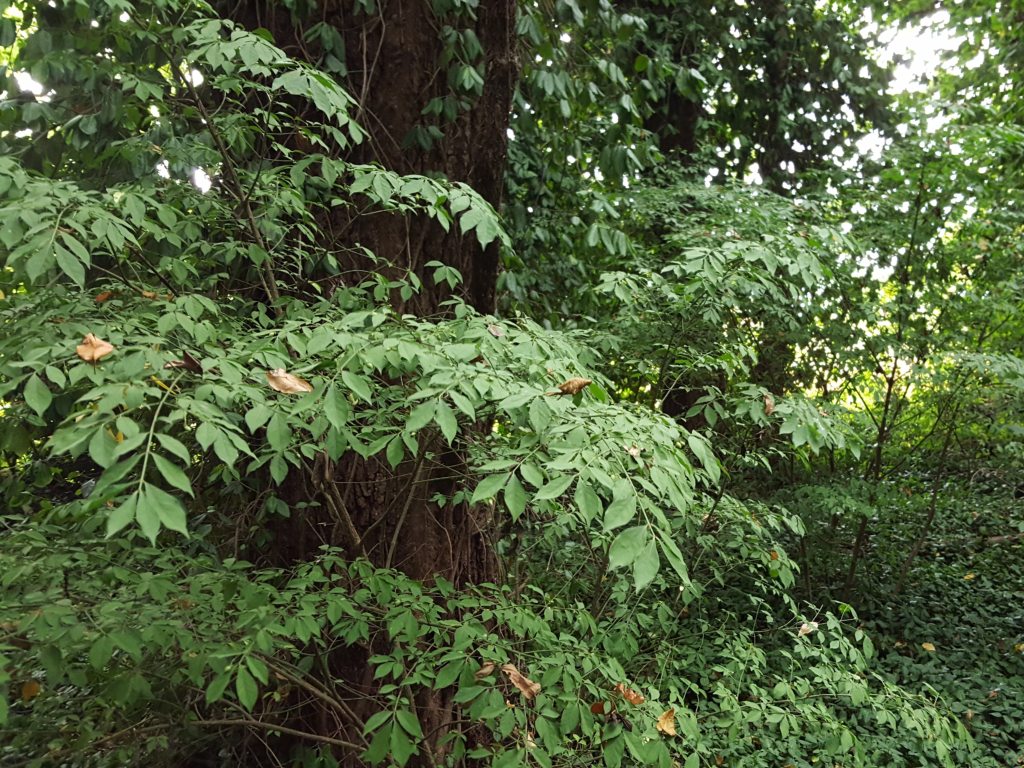The ordinance was relatively easy to pass because very few nurseries exist in Knox County, and local horticulture retailers receive stock from distributors outside the county. The retailers could simply switch their supply by ordering different stock. There was no need to make sweeping changes to existing businesses’ operations or risk losses on unsellable stock, especially since the retailers had seventeen months to sell any existing banned plant stock and switch to alternative commodities. Many community members attended the County Council meeting when the invasive plant ban passed, applauding the ban’s approval. The attendance and positive response may have been a result of Southern Indiana Cooperative Invasives Management’s public outreach and education campaigns. Drews stated that most effective form of outreach was one-on-one and peer-to-peer education throughout the community.
Since the Invasive Species Ordinance took effect on January 1, 2020, it has prevented nearly 900 invasive plants from being distributed in Knox County, according to Drews. While the ordinance was initially met with some resistance, Drews observed increased cooperation throughout the year and believes that it should only get easier in the upcoming year. The greatest obstacle in the first year was the fact that plants can have many common names, which makes it difficult for garden managers without a horticultural background to identify invasive plants as distributors can use different names. To mitigate this confusion, the Invasive Species Board is considering developing online training materials to improve the information about invasive species.
In January 2019, Indiana’s Natural Resources Commission adopted a rule that “prohibit[s] and restrict[s] the sale, distribution and transport” of 44 invasive terrestrial plants. Similar to the Knox County ordinance, the state ban is being implemented in stages.
Challenges
One proprietor had concerns about how the ban would affect his business. This pushback indicated to the ban’s proponents the importance of appointing members to the Knox County Invasive Species Board that represented local landscaping, agriculture and horticulture businesses. Proponents understood the importance of their proactive outreach to industry, as well.
Will Drews gave this advice:
“If I had to do it all over again, I would make an even greater effort to notify more of the business owners before we proposed the ordinance to secure more buy-in. It may have made the process smoother during the first few ordinance readings if we had established better partnerships earlier on. Altogether, everything went surprisingly well. We expected more pushback than we received.”



